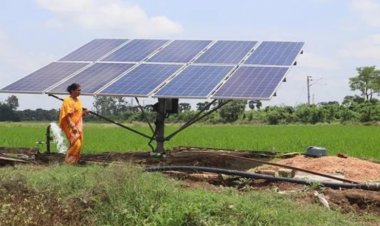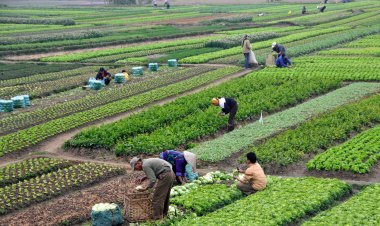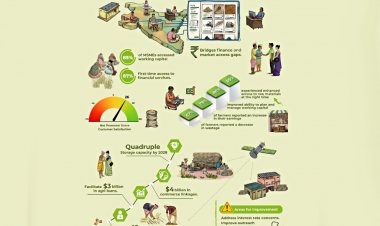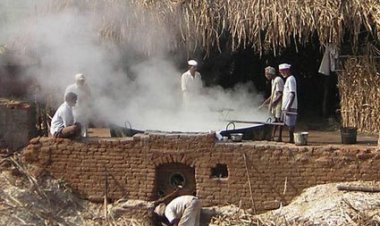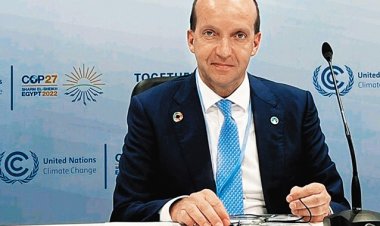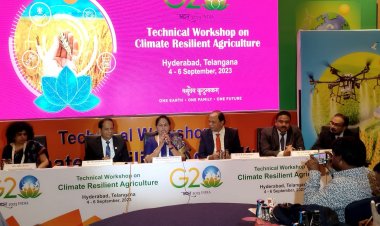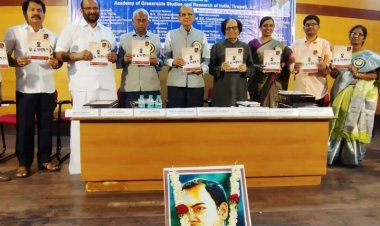Climate Change report is a dire warning about global warming
IPCC has released the first part of its sixth Assessment Report. The report “Climate Change 2021: The Physical Science Basis” confirms what scientists have been talking about for long. Climate change is now a fact.
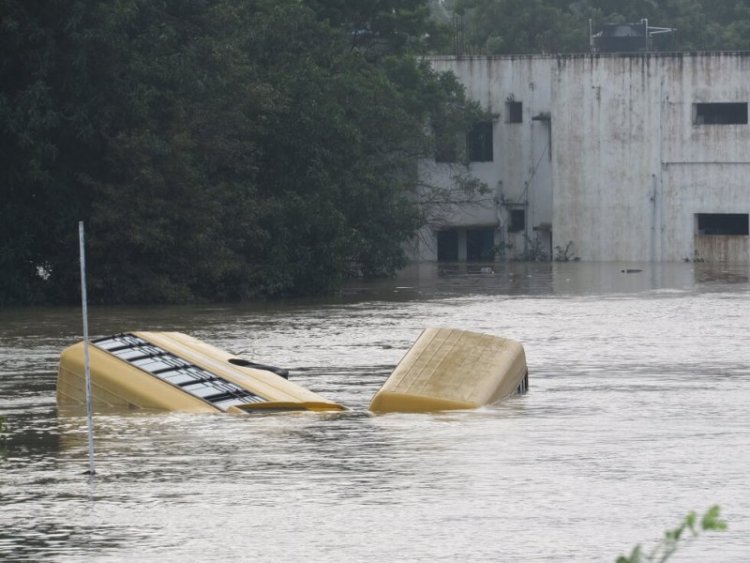
The Intergovernmental Panel on Climate Change (IPCC) has released the first part of its sixth Assessment Report (AR6). The report “Climate Change 2021: The Physical Science Basis” confirms what scientists have been talking about for long.
Says Dr Friederike Otto, Associate Director, Environment Change Institute, University of Oxford and one of the authors of the report, “The main finding of the report is that climate change is a fact, warming is a fact and that the warming has taken place because of human influence is now well established.”
Environmentalist Sunita Narain, the director-general of the Centre for Science and Environment, says, “There are no ‘maybes’ anymore. The threat of climate change is real; dangers are imminent and the future is catastrophic.”
Narain lists some key takeaways from the report. One, it is now clear that the world might be hurtling towards a 1.5°C temperature rise by 2040. Narain infers that this means “the guard rail of what is relatively safe could be breached in the next two decades itself.” So far, the global temperature has risen by only 1.09°C from the 1880s — the industrial revolution times — and yet we can see the devastation already being caused. Given this scenario, the call from science is “dire” and “urgent”.
Two, the main trigger for climate change is, undoubtedly, human activities and scientists are no longer “coy” about this. They go as far as to “attribute” climate change to specific extreme weather impacts. “This is important because till now we have only been able to understand climate change impacts in terms of the increased frequency of such events in the world. But now, we know with greater certainty the role of climate change in, say, the extreme heat event in Canada or wildfire in Greece or the floods in Germany. No more ifs or buts.” Narain laments, however, that human beings are still not listening.
And three, the efficiency of sinks to absorb emissions is going down. The relative efficiency of sinks — the earth’s natural cleaning system, the oceans, forests and soils — will go down in the coming years as emissions continue to rise. “Currently, oceans, land and forests together absorb some 50 per cent of the emissions that we release into the atmosphere each year. In other words, without these sinks, we would have already breached the 1.5°C warming by now.”
We cannot “bank” on the sinks to clean up the emissions in the future at this same rate. This means the “net zero” plans of countries will have to be revisited. Under the net-zero plan, countries like the US (by 2050) and China (by 2060) have declared that their emissions will remain below what their terrestrial sinks or carbon capture technologies will be able to clean up.
Narain is worried that time is running fast. And what adds to this worry is the apprehension that the economies will be desperate to recover post-Covid-19 — “to ratchet up growth as fast as possible.”
It is true that only a handful of countries are the major culprits. The US and China, put together, add up to roughly half the world’s annual emissions. If you add up emissions from 1870 to 2019, then the US, EU-27, Russia, the UK, Japan and China contribute 60 per cent of the global carbon dioxide budget. If you take even the Paris targets, the nationally determined contributions (NDCs) of these countries, then in 2030, they will increase their share of the budget to 68 per cent, not decrease it as needed and provide space for the rest of the world to grow.
India is not so significant a contributor to global emissions. “But this is not to say that India must not act,” says Narain. We must act for two reasons. “Firstly, we are already seeing the worst impacts of climate change hit our people – from extreme rain, cloud bursts, floods and temperature rise. Secondly, we can act because we have tremendous opportunity to reinvent the way we do things.”
Agriculture experts feel that climate change has a direct impact on agriculture. Droughts and floods have been the age-old bane of Indian agriculture. Climate change will only aggravate the problem further, cancelling out any gains we may have made by technology. Besides, unusual temperature changes will affect crop production.
So, we need to act. As Narain says, “Science has spoken. Now action must follow.”



 Join the RuralVoice whatsapp group
Join the RuralVoice whatsapp group


















